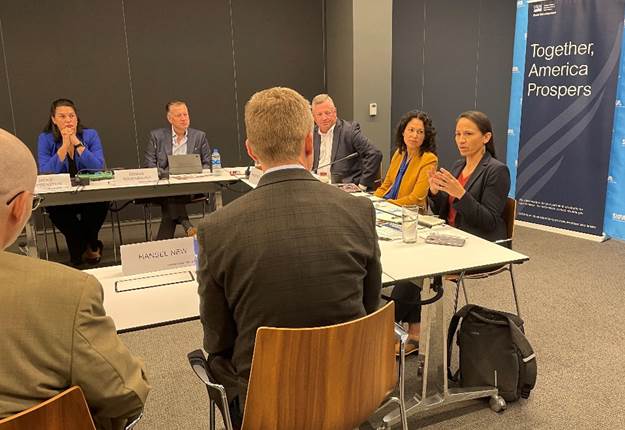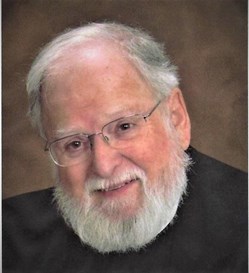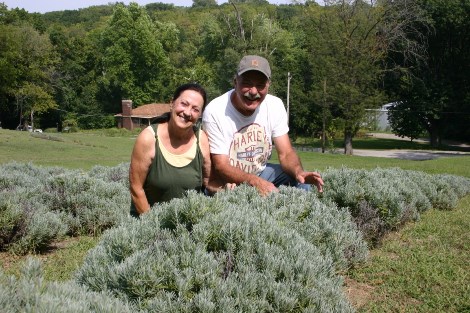There’s a temporary free-for-all at Ellis City Lake, where the same hideous drought that’s killing western Kansas crops is poised to kill the fish. So many of the usual limits on fishing have been lifted to harvest fish before they die.
by Celia Llopis-Jepsen, KCUR and Kansas News Service
Grab the fish at Ellis City Lake by net, by hand — whatever. Just take as many as you want.
They will die anyway, the state fears.
So on Tuesday, Kansas suspended catch limits and size rules for pulling catfish, crappies, bass, bluegills and any other fish you find in the rapidly dwindling reservoir about 15 miles west of Hays.
It’s called a public fish salvage, and it took effect immediately.
“You just as well take what you can get,” said Bryan Sowards, director of the fisheries division at the Kansas Department of Wildlife and Parks. When the lake finally recovers, whenever that is, “we’re pretty much going to restart at that point with new stocking from our hatcheries.”
The same hideous drought that’s baking farmland across western Kansas has the Big Creek flowing so low that Ellis City Lake — which normally covers about 30 acres — can’t get the water recharge it needs.
“Continued dry weather may lead to significant fish losses in the near future,” the department announced. “The public may collect any remaining fish in the designated waterbody by any legal methods, as well as by hand, dip net, or seine.”
The temporary free-for-all applies until officials pull down signs about the public fish salvage that they’ve posted around the water.
The same rules apply to Warren Stone Memorial Lake, a much smaller body (2 acres) about half an hour south of Hays. But Sowards says this tiny lake dries up “all the time.”
A bigger pool like the Ellis City reservoir doesn’t dry up as easily, but it happens. Sowards estimates bad-enough droughts strike more than once per decade. The severe drought that struck Kansas a decade ago was particularly rough.
“It’s not nearly as bad as it was then,” he said.
When water gets too low, as at the two lakes right now, fish burn through the remaining oxygen fast and start dying.
Some fish may survive, Sowards said, “but you’ll have enough die to where you’d rather have the public (get) in there to harvest them.”
Problems can also happen when heat and dwindling lake levels lead to fish getting caught between two unlivable layers of water.
“Fish are ‘squeezed,’” said Ted Harris, a research professor at the Kansas Biological Survey and Center for Ecological Research at the University of Kansas, “between really hot water (at the surface) and water without oxygen (at the bottom).”
Earlier this month, the National Weather Service said Hays was experiencing its 11th driest summer.
The drought has stunted and shriveled crops across western Kansas, contributing to the current steep prices for corn and forcing cattle and ethanol companies to haul grain by rail from places like Iowa, Illinois and Ohio.
The National Drought Mitigation Center predicts that the dry conditions afflicting the region will continue through the end of the year.
Sowards said Kansas also sometimes announces public fish salvages when the state plans renovations or other maintenance that require lowering the water levels. Sometimes the state does that to clear out invasive species, such as non-native common carp that wreak havoc on aquatic ecosystems.
Celia Llopis-Jepsen covers the environment for the Kansas News Service. You can follow her on Twitter @celia_LJ or email her at celia (at) kcur (dot) org.
The Kansas News Service is a collaboration of KCUR, Kansas Public Radio, KMUW and High Plains Public Radio focused on health, the social determinants of health and their connection to public policy.
Kansas News Service stories and photos may be republished by news media at no cost with proper attribution and a link to ksnewsservice.org.



